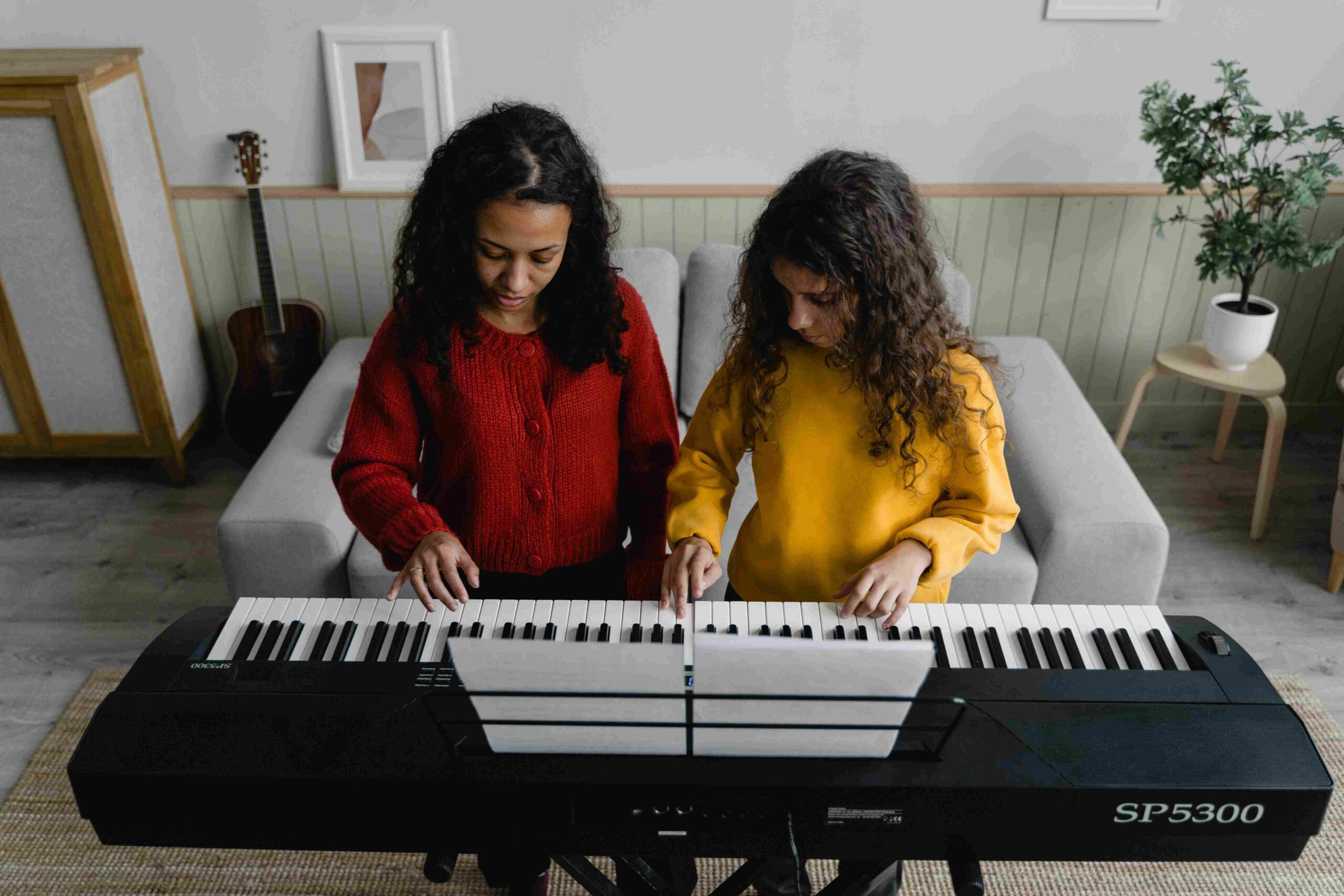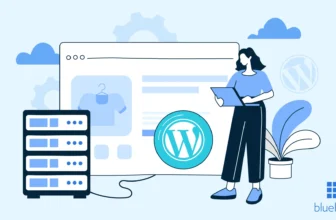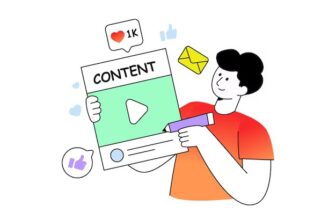
Music is one of the most powerful forms of self-expression and communication. It transcends boundaries and speaks to the soul. Whether you’re a teacher guiding students through their musical journey or a learner eager to improve your skills, effective music teaching and learning are key to success. In this blog, we’ll explore proven methods for music teaching and learning that can help unlock your or your students’ musical potential.
Why Music Education Matters
Music education plays a critical role in shaping a well-rounded individual. From cognitive benefits like improved memory and focus to emotional advantages such as better stress management and increased self-expression, learning music has a profound impact on both young and adult learners. It develops skills that are valuable both inside and outside the classroom, including discipline, creativity, and collaboration.
Best Practices for Effective Music Teaching
-
Adapt to Different Learning Styles Each student is unique in how they absorb information. Some students may learn best by hearing, while others might prefer seeing or doing. As a music teacher, it’s important to incorporate multiple learning styles into your lessons. You can engage visual learners with sheet music, auditory learners through music listening, and kinesthetic learners by letting them play instruments and explore music physically.
-
Incorporate Technology to Enhance Learning Technology has become an invaluable tool in the world of music education. Apps such as Yousician and Simply Piano offer interactive lessons with immediate feedback, allowing students to practice at their own pace. Additionally, platforms like Mousiki provide music theory resources, virtual instruments, and more, making learning engaging and interactive. By incorporating these tools, teachers can enhance the learning experience and cater to students’ different needs.
-
Set Clear, Achievable Goals Goal-setting is vital in the learning process. Whether it’s mastering a song, improving technical skills, or advancing in music theory, goals provide motivation and structure. Break down larger tasks into smaller, more achievable steps to help students track their progress and feel a sense of accomplishment along the way. Clear goals create a roadmap to success and keep students focused on their personal growth.
-
Foster a Positive, Supportive Environment A positive learning atmosphere encourages creativity and risk-taking. Let students know that mistakes are part of the learning process and that they should embrace them as opportunities to grow. Positive reinforcement is crucial for building confidence, especially for beginners who may be self-conscious about their skills. Creating an environment where students feel comfortable and supported will allow them to develop and thrive.
Top Tips for Music Learners
-
Consistency is Key Just like any other skill, learning music requires regular practice. Whether you’re a beginner or an advanced player, dedicating time to practice daily is essential for improvement. Encourage students to set aside time each day to practice, even if it’s only for a few minutes. Consistent practice helps reinforce muscle memory, improves technique, and enhances overall musicianship.
-
Understand the Basics of Music Theory While playing an instrument is exciting, understanding music theory is crucial for long-term success. Learning how to read music, understand rhythm, scales, intervals, and harmony provides a solid foundation that enhances every aspect of musical performance. Understanding theory allows musicians to improvise, compose, and communicate more effectively in the language of music.
-
Challenge Yourself to Learn New Skills Growth happens when students step outside their comfort zone. Encourage learners to push themselves by trying new styles, instruments, or techniques. Whether it’s exploring different genres of music or learning advanced techniques on their instrument, stepping out of the comfort zone leads to personal growth and fosters a deeper connection with music.
-
Engage with Other Musicians Music is a social activity, and playing with others is one of the best ways to learn. Whether it’s joining a band, playing in an orchestra, or simply collaborating with friends, group music-making fosters collaboration, communication, and creativity. It’s also a great way to keep learners motivated and excited about their musical journey.
Essential Tools for Music Education
-
Music Notation Software Tools like Finale and Sibelius allow students and teachers to compose, arrange, and edit music digitally. These programs are ideal for creating sheet music, experimenting with new compositions, and understanding the intricacies of music arrangement.
-
Metronomes and Tuners Practicing with a metronome helps develop a strong sense of timing and rhythm, while a tuner ensures that instruments are perfectly in tune. Both tools are essential for developing good musical habits and precision.
-
Music Apps and Online Resources Whether you’re looking for tutorials, exercises, or music theory lessons, the internet is filled with valuable resources for music education. Platforms like Mousiki provide a one-stop-shop for music theory, sheet music, and learning tools, making it easier for students to access everything they need for their musical education.
-
Recording and Playback Equipment Listening to recordings of your own performances is a powerful learning tool. Recording equipment, such as microphones and audio interfaces, gives students the ability to capture their playing, listen back, and analyze their technique. It’s an excellent way to track progress and pinpoint areas for improvement.
Common Challenges in Music Teaching and Learning—and How to Overcome Them
-
Staying Engaged and Motivated Music students can lose interest if they feel like they’re not progressing or if lessons become monotonous. To keep students engaged, vary lesson formats by incorporating games, challenges, and creative activities. Introduce new songs, techniques, or even instruments to keep the learning process fresh and exciting.
-
Dealing with Performance Anxiety Many musicians experience anxiety before performing. Help students manage performance anxiety by providing them with opportunities to practice performing in front of smaller, supportive audiences before progressing to larger settings. Regular practice performances will build confidence and reduce nervousness.
-
Adjusting for Different Learning Speeds Every student learns at their own pace. Some may grasp concepts quickly, while others may need more time to fully understand them. Tailor your lessons to fit each student’s learning speed and provide personalized attention where needed. Encourage patience and emphasize the importance of steady progress, not perfection.
Conclusion: The Rewarding Journey of Music Education
Teaching and learning music is a transformative journey, one that brings joy, challenges, and immense satisfaction. For teachers, it’s about finding the right methods and tools to guide students, while for learners, it’s about consistent effort, embracing challenges, and enjoying the beauty of music. At Mousiki, we’re committed to supporting both music educators and learners on their paths, providing the tools and resources necessary for musical success.
Whether you’re teaching, learning, or both, the world of music is full of endless possibilities. Embrace the process, explore new sounds, and most importantly, enjoy the music.







